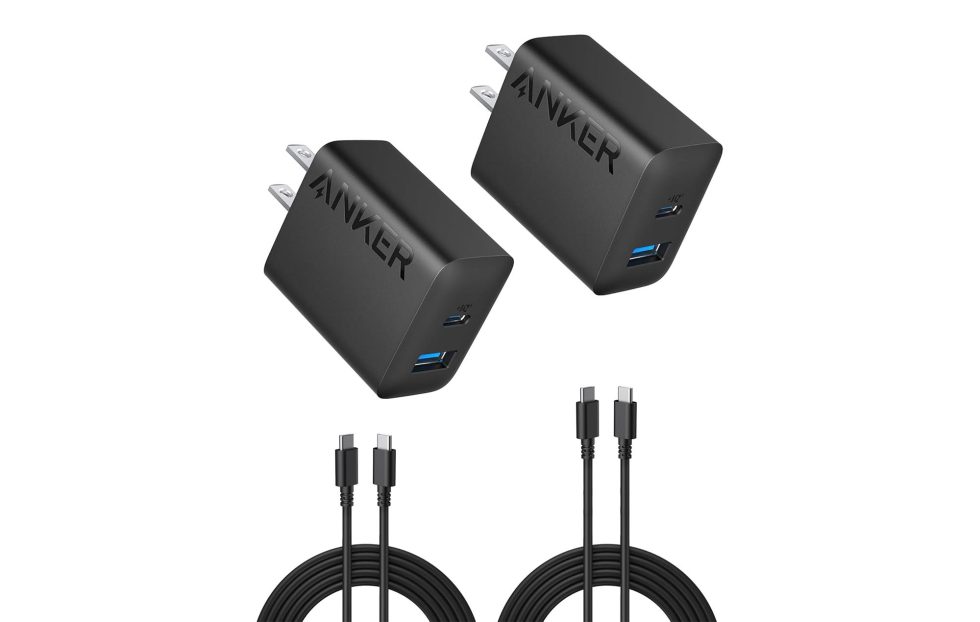Hiring freshers: This startup is solving for campus placements with AI
Many universities struggle with placements due to limited access to recruiters and insufficient student preparation. AlmaBay’s flagship AI product preps students for real jobs in their language.


As the former CEO of the educational institution, Maharishi Markandeshwar Group, Vishal Sood saw that when it came to campus placements, institutional machinery often left out students from rural or Tier II and Tier III India.
“Placement was a major challenge,” he tells YourStory, recounting how the group’s remote location in Ambala made it difficult to attract recruiters from major industrial cities. “It was a challenge for corporates to visit us, and it was a challenge for us to reach them.”
That experience shaped what would become PlaceCom, the flagship product under AlmaBay, a Chandigarh-based startup founded in 2016 and incorporated in 2021. AlmaBay was initially founded to improve alumni engagement, but the team pivoted toward placements after recognising how deeply access was skewed in Indian higher education.
PlaceCom now functions as an AI-driven recruitment ecosystem that’s attempting to rewire how placements are approached, especially by colleges outside metro clusters, and also offers students preparation, mentorship, and more. It has over 30 contracts and a footprint that touches more than 500 institutes through affiliated bodies.
“Our goal is very clear: to democratise career growth across Bharat and India,” says Sood, the founder of AlmaBay.
Tech powering placements
With an AI-powered applicant tracking system, a proprietary assessment engine, and a built-in prep tool for students, AlmaBay streamlines campus hiring for both employers and candidates.
PlaceCom, through its AI modules, helps students prepare for interviews in regional languages like Hindi, Marathi, Punjabi, and Tamil (currently being tested), as well as Bahasa Indonesia and Armenian. It creates custom responses to likely interview questions based on a candidate’s strengths, background, and aspirations. It also analyses their English pronunciation, posture, and articulation to offer feedback on soft skill areas where many first-generation learners struggle.
“This platform allows students to prepare in their own language, and more importantly, in their own context,” Sood says. “English shouldn’t be a barrier to someone’s career,” he adds.
PlaceCom was first adopted by Khalsa College, Patiala. “They had around 6,000 students at the time. Before our intervention, just 40 students were getting placed. That number rose to 500,” Sood claims. The platform has onboarded 30 contract clients to date, including NIT Delhi, DAV University, and Himachal Pradesh Technical University, which recently procured 20,000 user licences of the platform for students.
This startup uses a mix of large language models, including ChatGPT and some LLM-agnostic platforms, layered with proprietary algorithms to generate context-sensitive answers and interview prep materials. It understands the difference between a fresher and a professional with 10 years of experience, Sood claims.
It simplifies the hiring process for companies, especially startups and MSMEs, by providing a free-to-use applicant tracking system. AI takes over the initial interview rounds and scores candidates based on suitability, saving time and cost for small employers.
An uphill journey
PlaceCom’s biggest initial challenge was adoption. “It’s a high-involvement purchase. Colleges are trusting you with their students’ careers,” Sood says. Initial onboarding took handholding, especially for placement officers unfamiliar with the interface. However, once the institutes completed the first few job postings, retention was high.
PlaceCom charges colleges between Rs 500 and Rs 900 per student licence, based on volume. For recruiters, each AI-assisted assessment costs Rs 299. The ATS, job listings, and employer branding features are offered for free.
PlaceCom recently launched its mobile app to increase accessibility. It currently has 1,000+ downloads and a 4.95 average rating on the Google Play Store.
Despite the use of AI and automation, PlaceCom is ultimately playing in the same space as global giants like LinkedIn. Sood acknowledges the competition, but draws a line. “LinkedIn is a networking platform that adds learning and job discovery later. We built PlaceCom from day one to be an ecosystem,” he says.
Numbers game
The startup clocked Rs 3 crore in revenue in FY25 and has already raised $2 million from US-based billionaire investor Bobby Kang. With a $5 million round in the works, the startup is gearing up for its next phase of growth. It plans to start with expansion in Southeast Asia through a partner in Jakarta and is eyeing further expansion into the Middle East and North America.
AlmaBay currently has 35 employees and is still hiring. The startup leans heavily on a channel partner model to manage costs and speed up expansion. Many of its partners are former HR professionals or placement officers who use their networks to onboard new clients. “We see them as an extended part of our team,” the founder says. Over the next two years, the startup aims to scale this network to 500 channel partners.
An estimated 2.5 million students graduate from college in India each year, making the market for first-job placements massive. PlaceCom plans to grow beyond campus hiring by also helping job-switchers, experienced professionals, and the blue-collar and diploma workforce find the right opportunities.
“The ATS and hiring market is worth billions, but we’re making focused bets. We don’t want to be everything for everyone,” Sood says.
Interestingly, while PlaceCom began by targeting rural and smaller institutions, it has found traction in larger universities. “Every other institute is struggling with placements in some way,” Sood says. “Even NITs and newer IIMs are open to outside help.”
Sood feels that as AI eats into productivity and automatable jobs, placements will become more competitive and nuanced. For institutes, it’s essential to keep track of metrics for a robust placement pipeline. “UGC now wants colleges to report average salary, placement rates, and entrepreneurship data. Our platform helps capture all of that,” he adds.
The founder admits that AlmaBay has had a fortunate head start. Within three months of Sood leaving his corporate role, he had raised $1 million, thanks to a chance meeting with Bobby Kang, followed by another million as the product matured.
“The real challenge is now,” he says. “Scaling teams, managing product stability as usage grows, fundraising at a new level, it’s a very different game.”
“Our aim isn’t to become the biggest job platform,” Sood says. “It’s to make sure every student in India has a shot at a meaningful career.”
Edited by Kanishk Singh































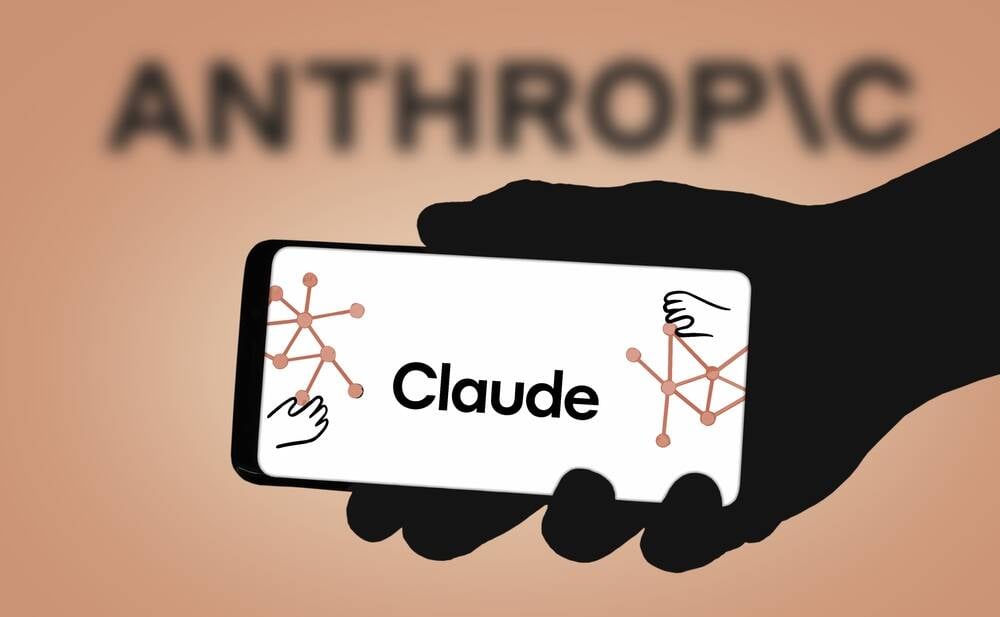


































































































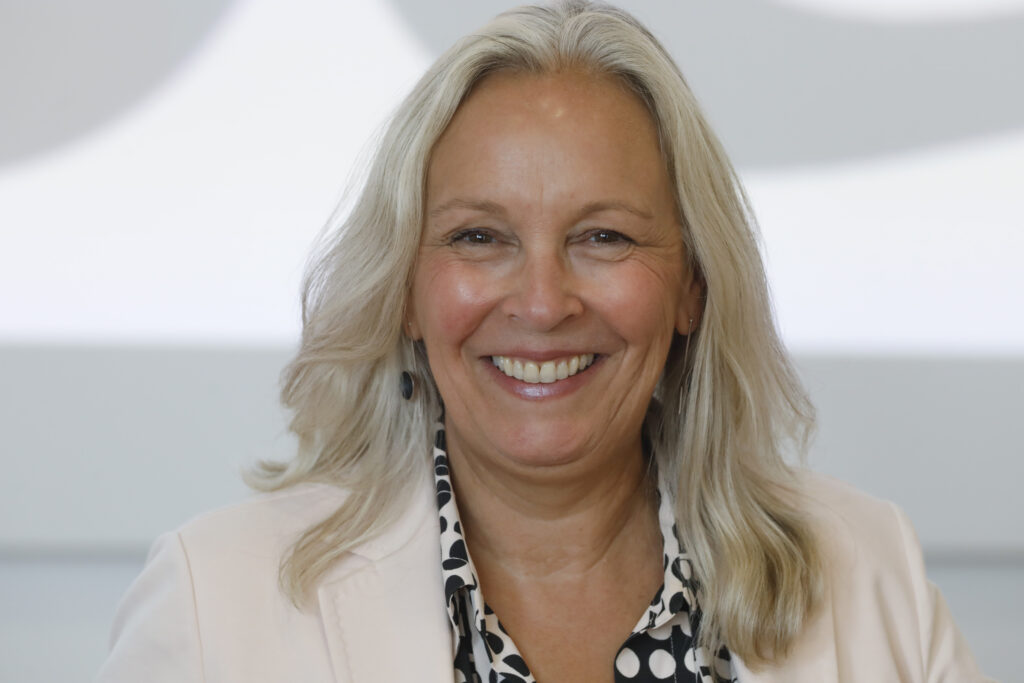














































![[The AI Show Episode 148]: Microsoft’s Quiet AI Layoffs, US Copyright Office’s Bombshell AI Guidance, 2025 State of Marketing AI Report, and OpenAI Codex](https://www.marketingaiinstitute.com/hubfs/ep%20148%20cover%20%281%29.png)


![[The AI Show Episode 146]: Rise of “AI-First” Companies, AI Job Disruption, GPT-4o Update Gets Rolled Back, How Big Consulting Firms Use AI, and Meta AI App](https://www.marketingaiinstitute.com/hubfs/ep%20146%20cover.png)








































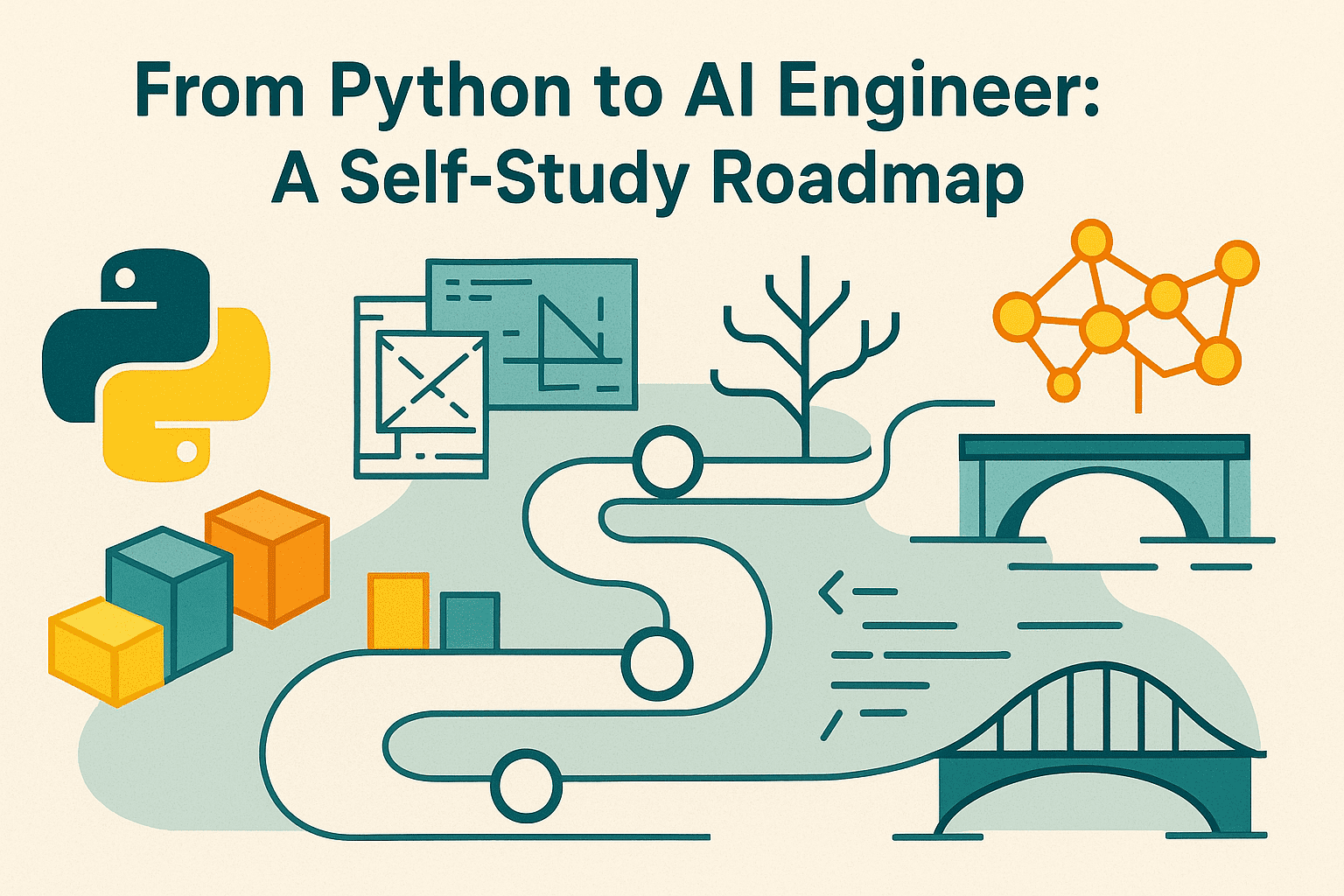
















































































![Laid off but not afraid with X-senior Microsoft Dev MacKevin Fey [Podcast #173]](https://cdn.hashnode.com/res/hashnode/image/upload/v1747965474270/ae29dc33-4231-47b2-afd1-689b3785fb79.png?#)






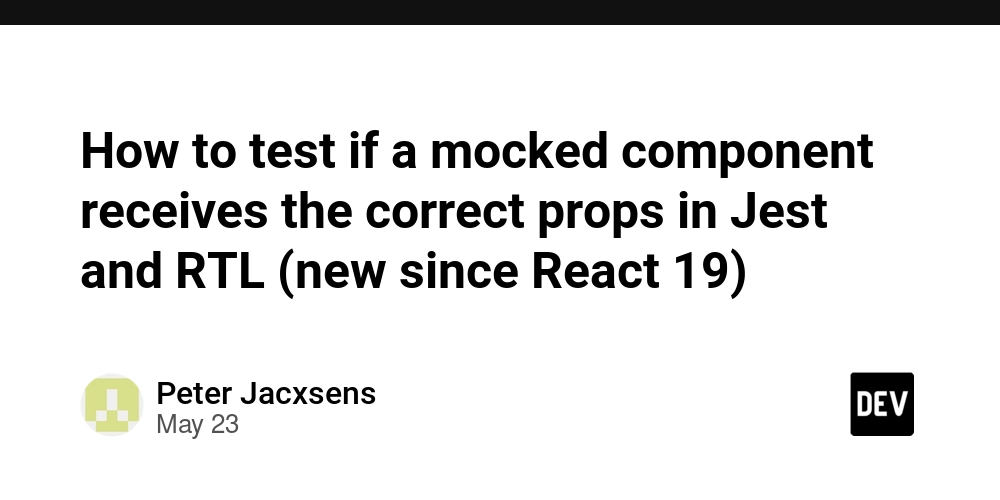




































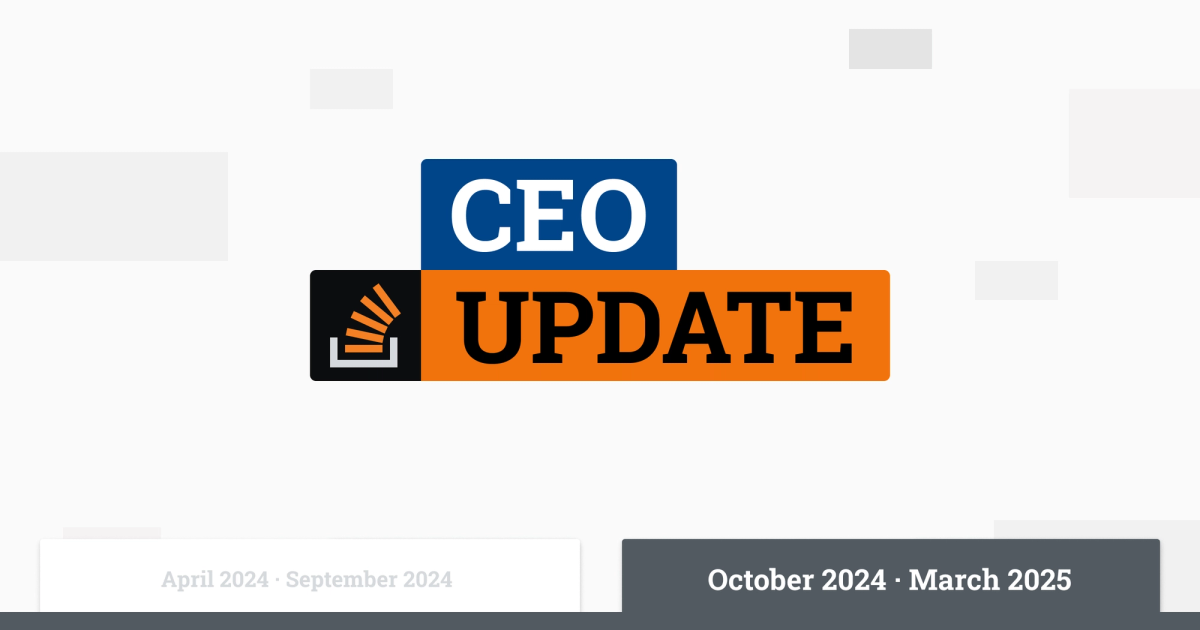









































































_MEGHzTK.png?width=1920&height=1920&fit=bounds&quality=70&format=jpg&auto=webp#)
-1-52-screenshot.png?width=1920&height=1920&fit=bounds&quality=70&format=jpg&auto=webp#)




















_David_Hall_-Alamy.jpg?width=1280&auto=webp&quality=80&disable=upscale#)
_Andriy_Popov_Alamy_Stock_Photo.jpg?width=1280&auto=webp&quality=80&disable=upscale#)
























































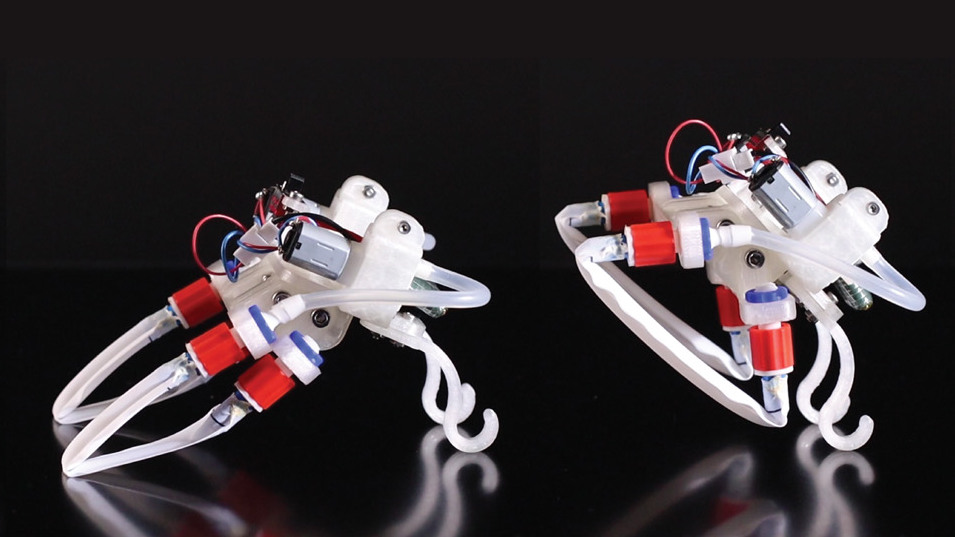

























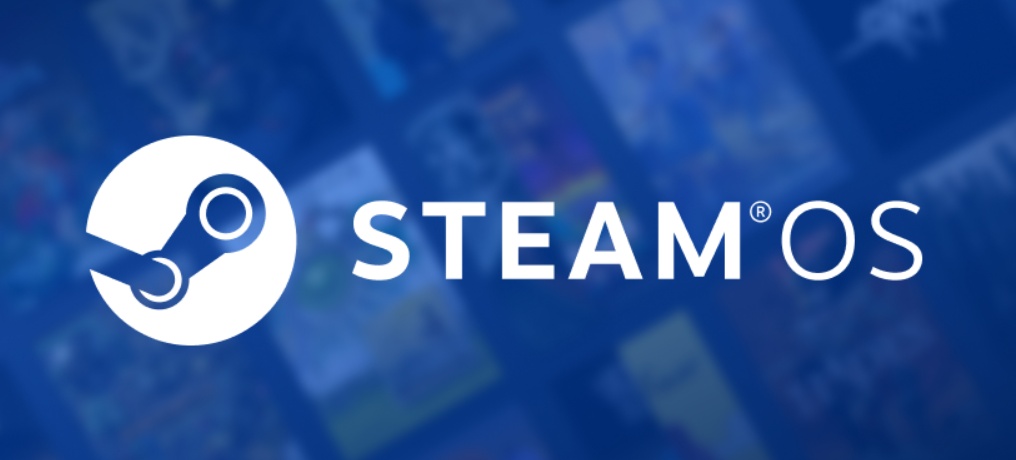

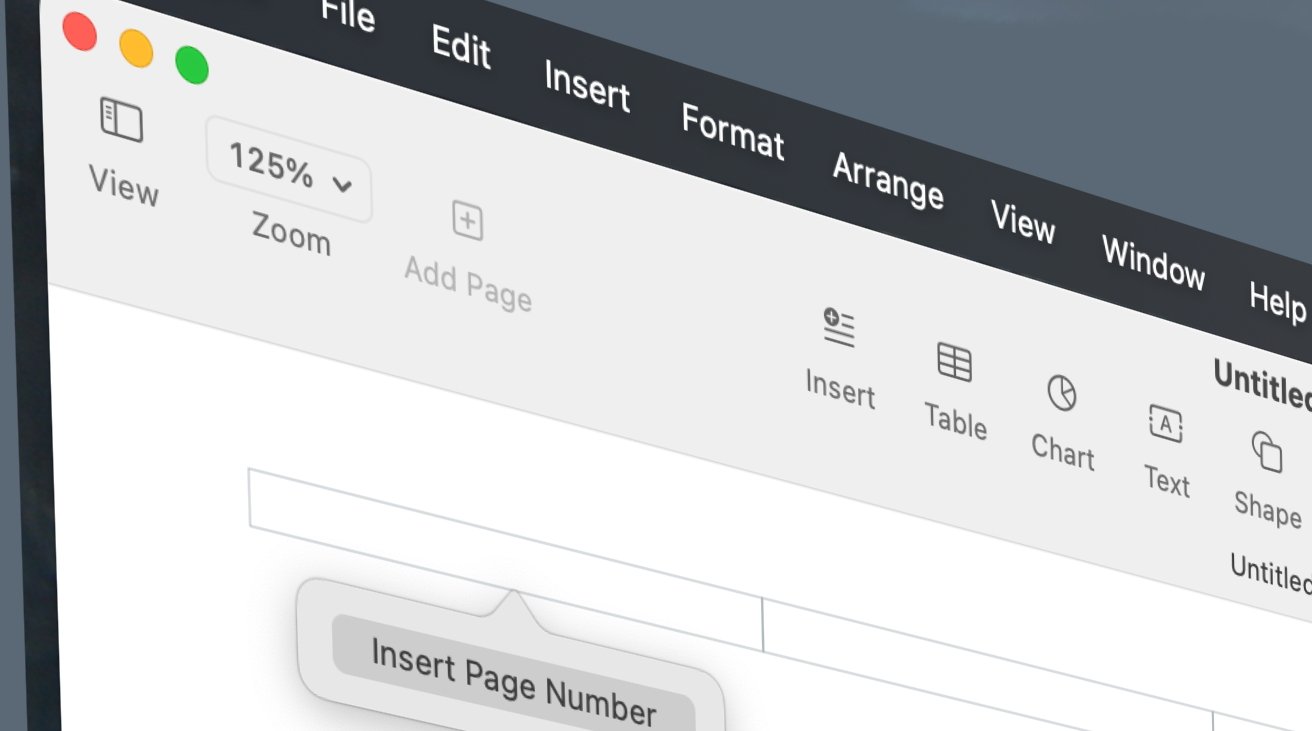
-xl.jpg)







![[Open Thread] Google may have changed the face of visual media forever, but is it for the good?](https://www.androidauthority.com/wp-content/uploads/2025/04/Veo-2-in-Gemini-on-an-Android-phone-scaled.jpg)


















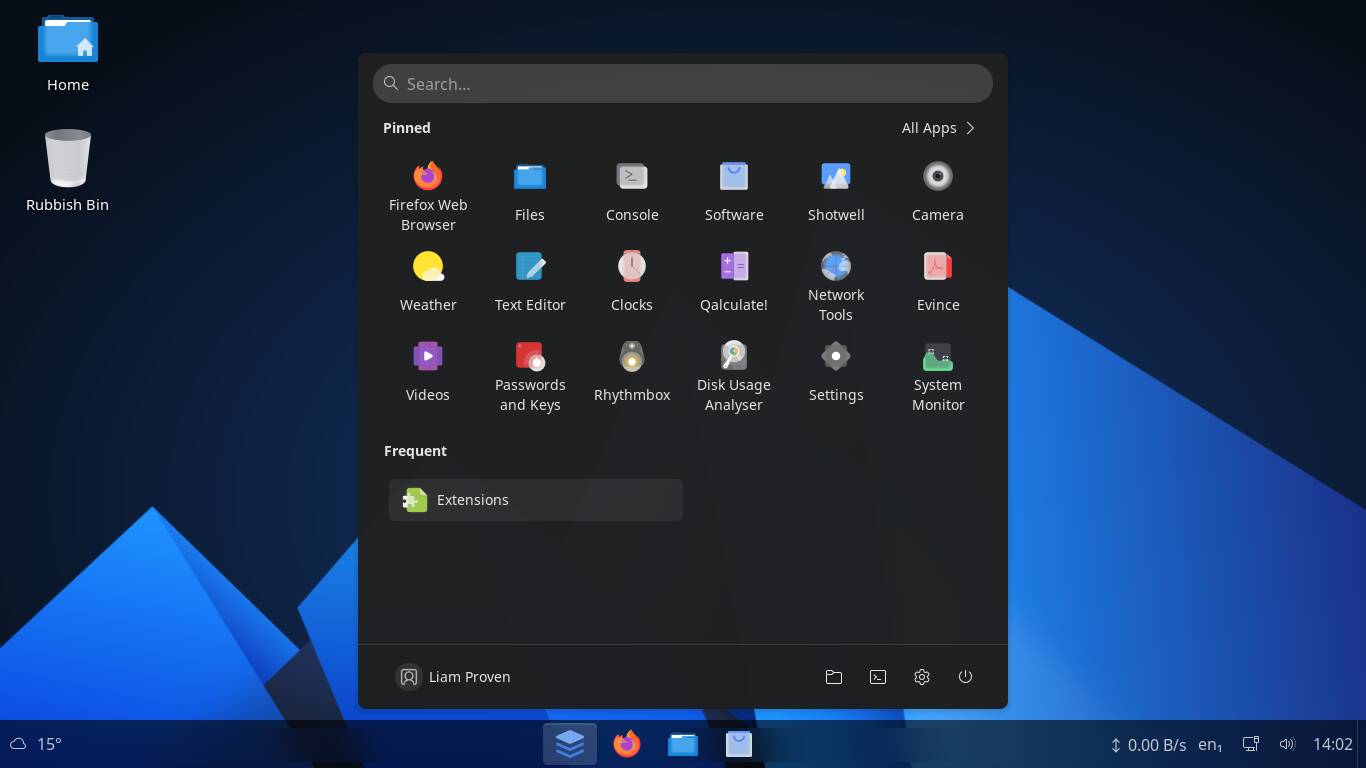




![Apple Shares Official Trailer for Season 2 of 'The Buccaneers' [Video]](https://www.iclarified.com/images/news/97414/97414/97414-640.jpg)
![Apple Highlights Ceramic Shield, Stolen Device Protection, and More in New Ads [Video]](https://www.iclarified.com/images/news/97416/97416/97416-640.jpg)
























